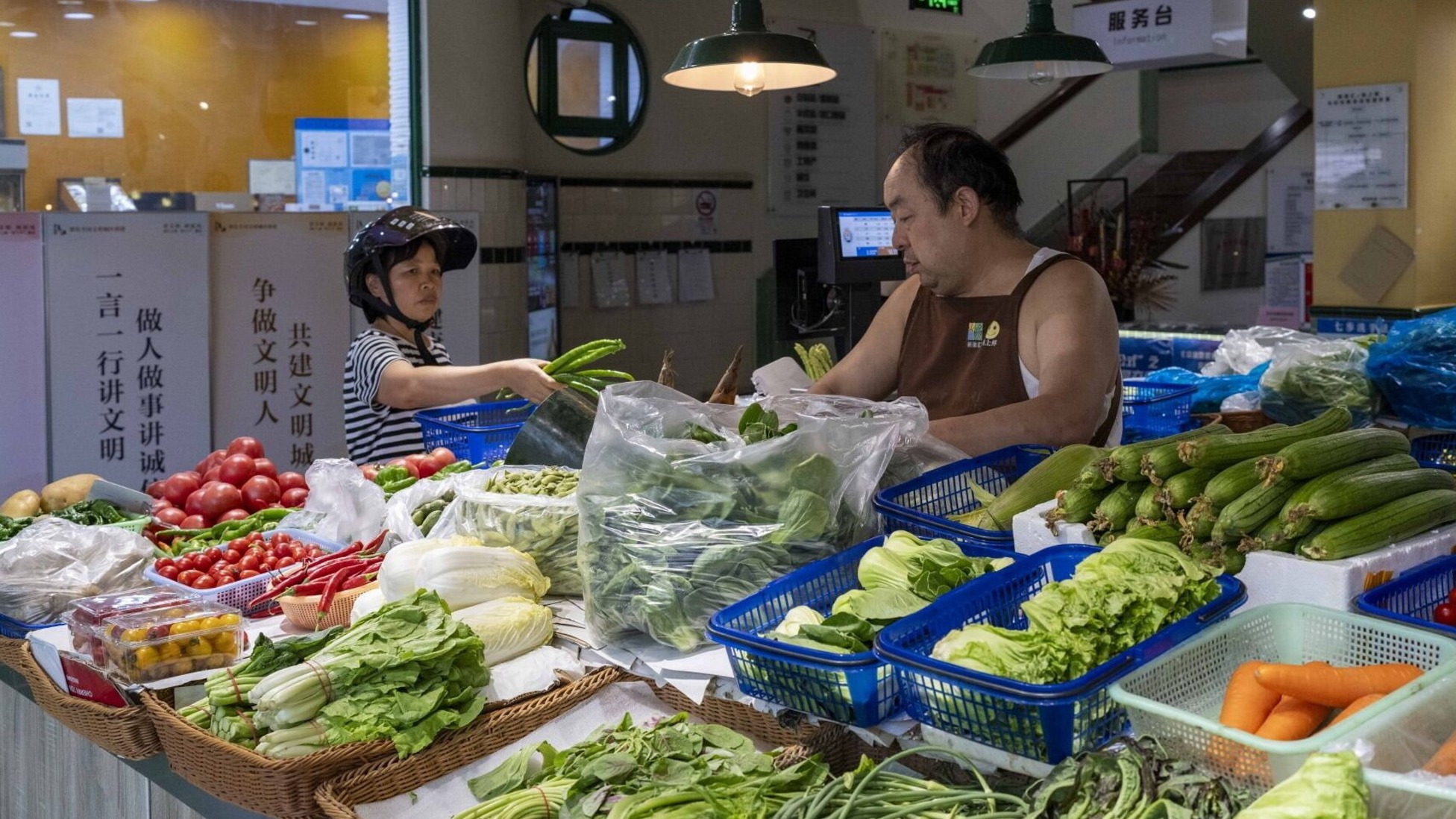Notice: Undefined index: banner_ad_width in /home/ayekooto/public_html/wp-content/plugins/quick-adsense-reloaded/includes/render-ad-functions.php on line 359
Notice: Undefined index: image_width in /home/ayekooto/public_html/wp-content/plugins/quick-adsense-reloaded/includes/render-ad-functions.php on line 359
Notice: Undefined index: banner_ad_height in /home/ayekooto/public_html/wp-content/plugins/quick-adsense-reloaded/includes/render-ad-functions.php on line 360
Notice: Undefined index: image_height in /home/ayekooto/public_html/wp-content/plugins/quick-adsense-reloaded/includes/render-ad-functions.php on line 360
AS CHINA’s RECOVERY STUMBLES, DEFLATION SETS IN
By: Peace Adisa

Aug 9, (Ayekooto) – In July, China experienced deflation in consumer prices, while factory rate prices continued to decline. This was due to the challenges faced by the world’s second-largest economy in stimulating demand, leading to calls for more direct stimulus from authorities. The consumer price index (CPI) dropped 0.3% YoY, a slower fall than expected. It marked the first YoY decline since February 2021, with CPI unchanged in June.
The producer price index (PPI) also fell for the 10th consecutive month, down 4.4% YoY, compared to a forecast of 4.1%. China’s economic recovery slowed after a strong start in Q1 due to weakened domestic and international demand. To support the economy, authorities introduced various policies, and more measures are anticipated.
Xing Zhaopeng, a senior strategist, noted that both CPI and PPI falling into negative territory confirmed economic deflation. He expected CPI to remain around 0 in the latter half of the year, posing challenges for monetary policy due to conflicting goals. The Politburo meeting called for a stable yuan exchange rate, conflicting with monetary easing.
Asian shares reacted to the news, as China’s economic recovery showed signs of slowing down. The stock market declined, and experts suggested that more support measures were needed from Chinese authorities for market optimism. While some mild monetary policy easing is possible, the focus is on fiscal support. Concerns arose that China could face slower economic growth, similar to Japan’s “lost decades,” marked by stagnant consumer prices and wages.
Chinese authorities downplayed deflation concerns, stating that risks were not anticipated in the second half of the year. The central bank’s deputy governor, Liu Guoqiang, mentioned that the economy needs time to normalize post-pandemic. The government aimed for a consumer inflation target of around 3% in 2023, up from 2% in 2022.
Despite recent policy actions, caution persisted among consumers and manufacturers due to a weak housing market, high youth unemployment, and reduced foreign investment in China. Investors awaited additional stimulus measures following a Politburo meeting, as the stock market’s response was lukewarm due to the lack of substantial actions.



Comment here